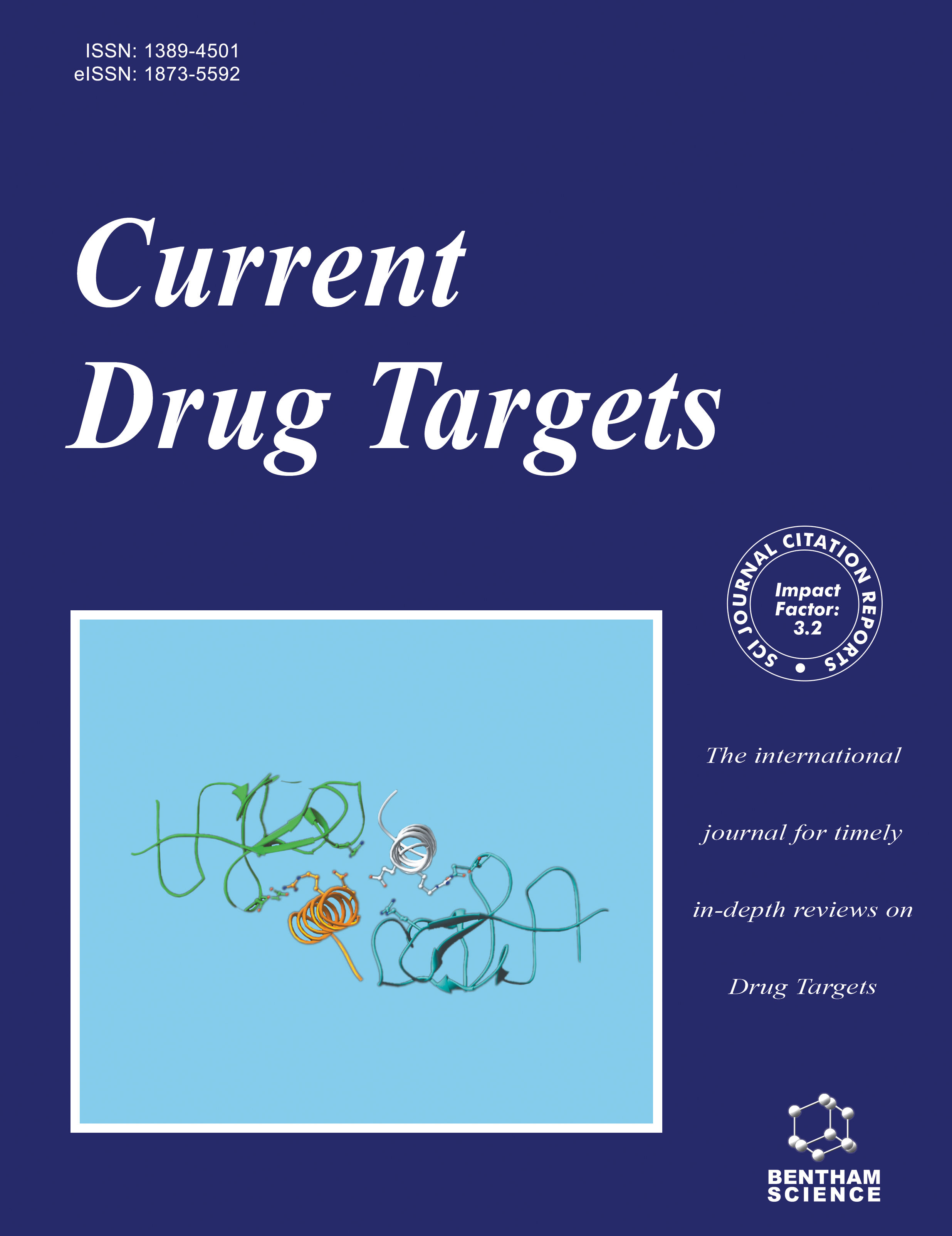
Full text loading...
Amylin is a thirty-seven amino acid peptide hormone that is secreted from the pancreas with insulin. The peptide hormone amylin activates its receptors in the brain to regulate blood glucose and food appetite. Interestingly, the amylin receptor is the heterodimer of the calcitonin receptor (which is the receptor for the peptide hormone calcitonin) and an accessory protein called receptor activity-modifying protein. Amylin receptor activation has emerged as a promising drug target for the treatment of diabetes and obesity. Recent pharmaceutical efforts with amylin receptor activators have focused on developing drugs for the treatment of obesity. Multiple amylin analogs have been tested in pre-clinical settings, and some are currently being tested in clinical trials. For this review, recent research publications and available information regarding drug development targeting amylin receptors were collected. This review summarizes the amylin receptor activators currently being tested in clinical trials for the treatment of obesity. In addition, recent research achievements were demonstrated, such as the introduction of mutations that enhanced receptor affinity/potency and the development of a method for measuring selective amylin receptor activation. Potential issues along with peptide drug development were described, including lipidation to achieve a long-acting property. The combination of an amylin analog and other anti-obesity peptide drugs has demonstrated higher clinical efficacy in reducing body weight than monotherapy. The combination therapy is likely to be the first drug therapy where an amylin analog is used for obesity treatment. In addition, amylin receptor activators may have an adverse effect profile more favorable than that of GLP-1 receptor activators, which could be a potential benefit of amylin receptor activators.

Article metrics loading...

Full text loading...
References


Data & Media loading...

